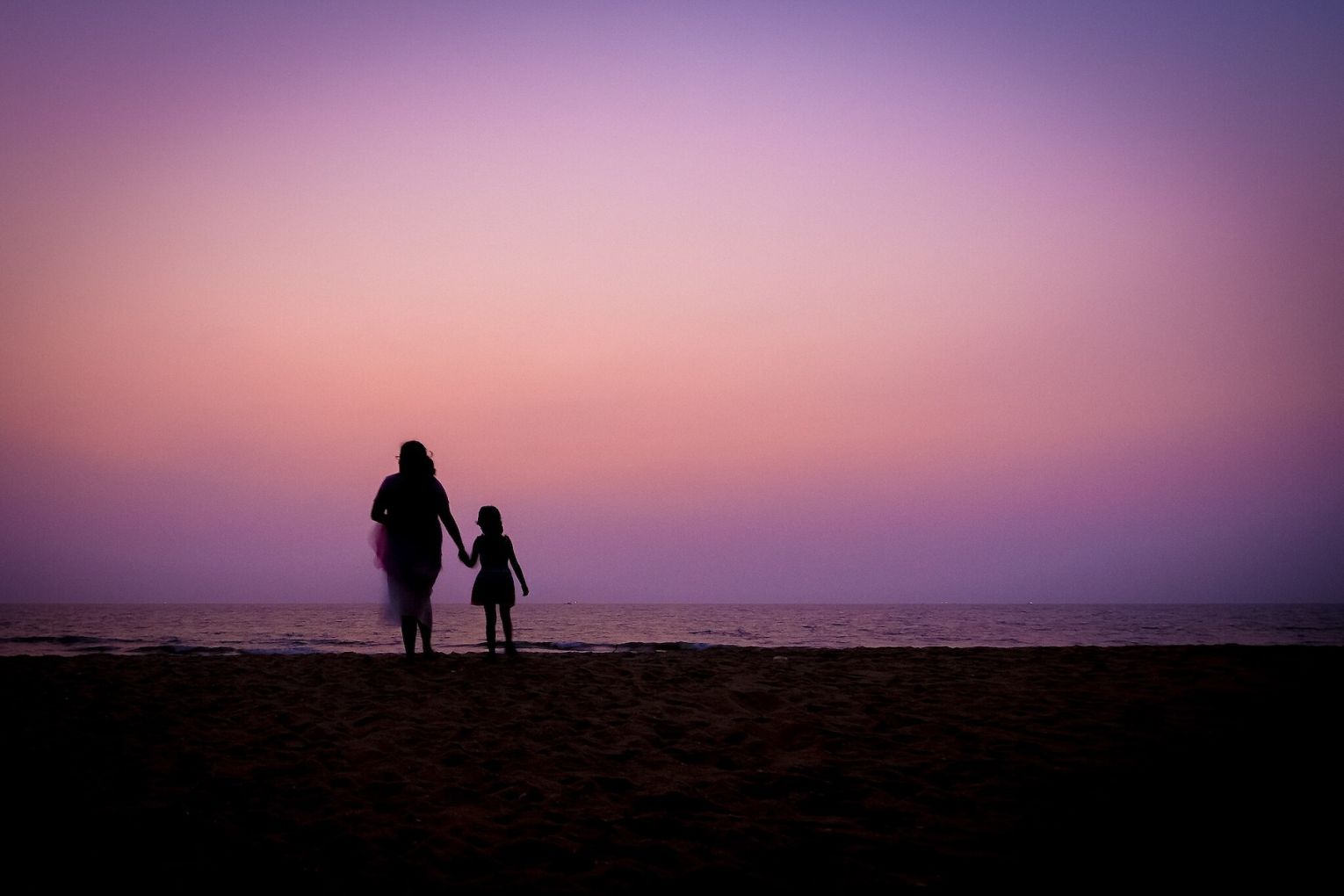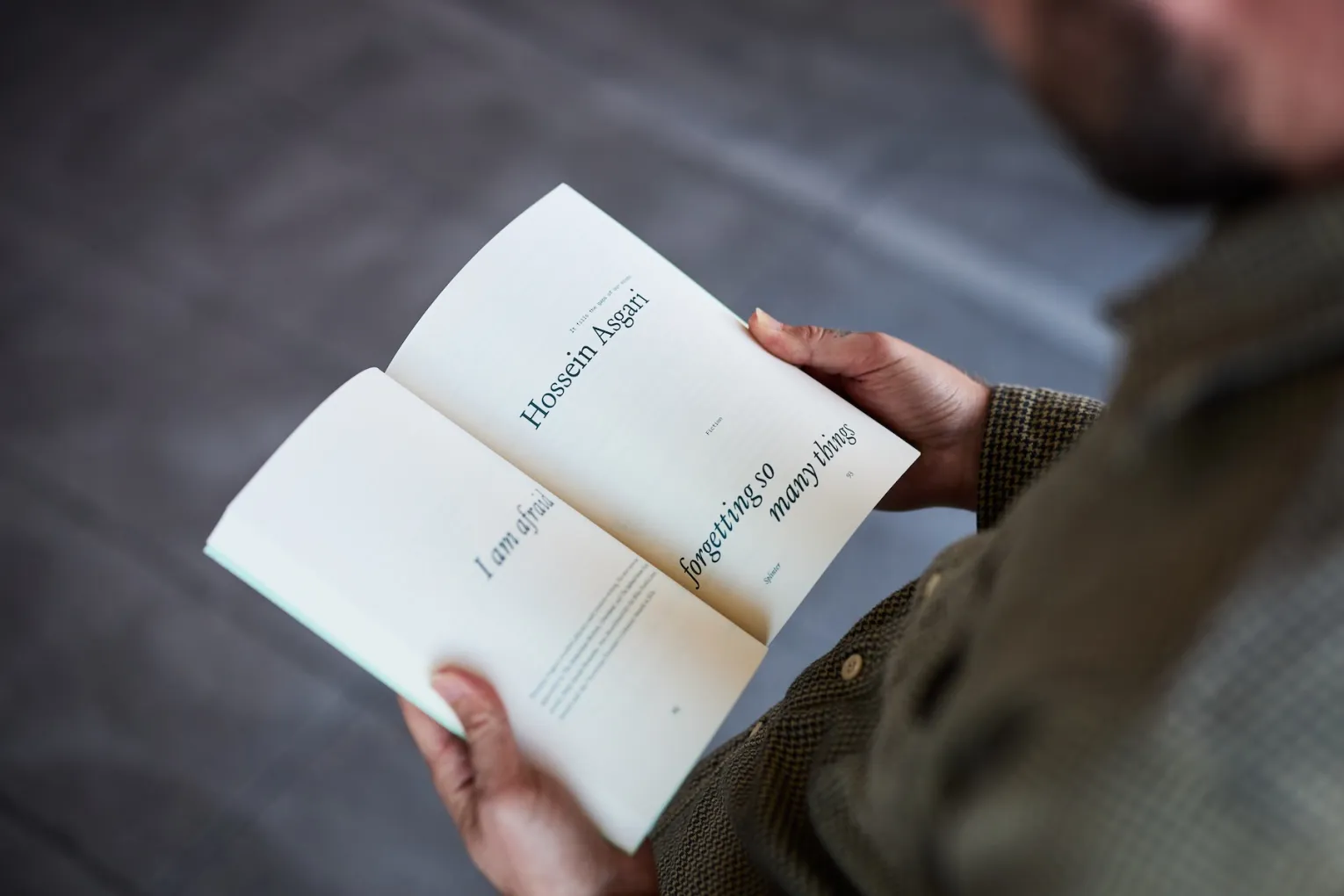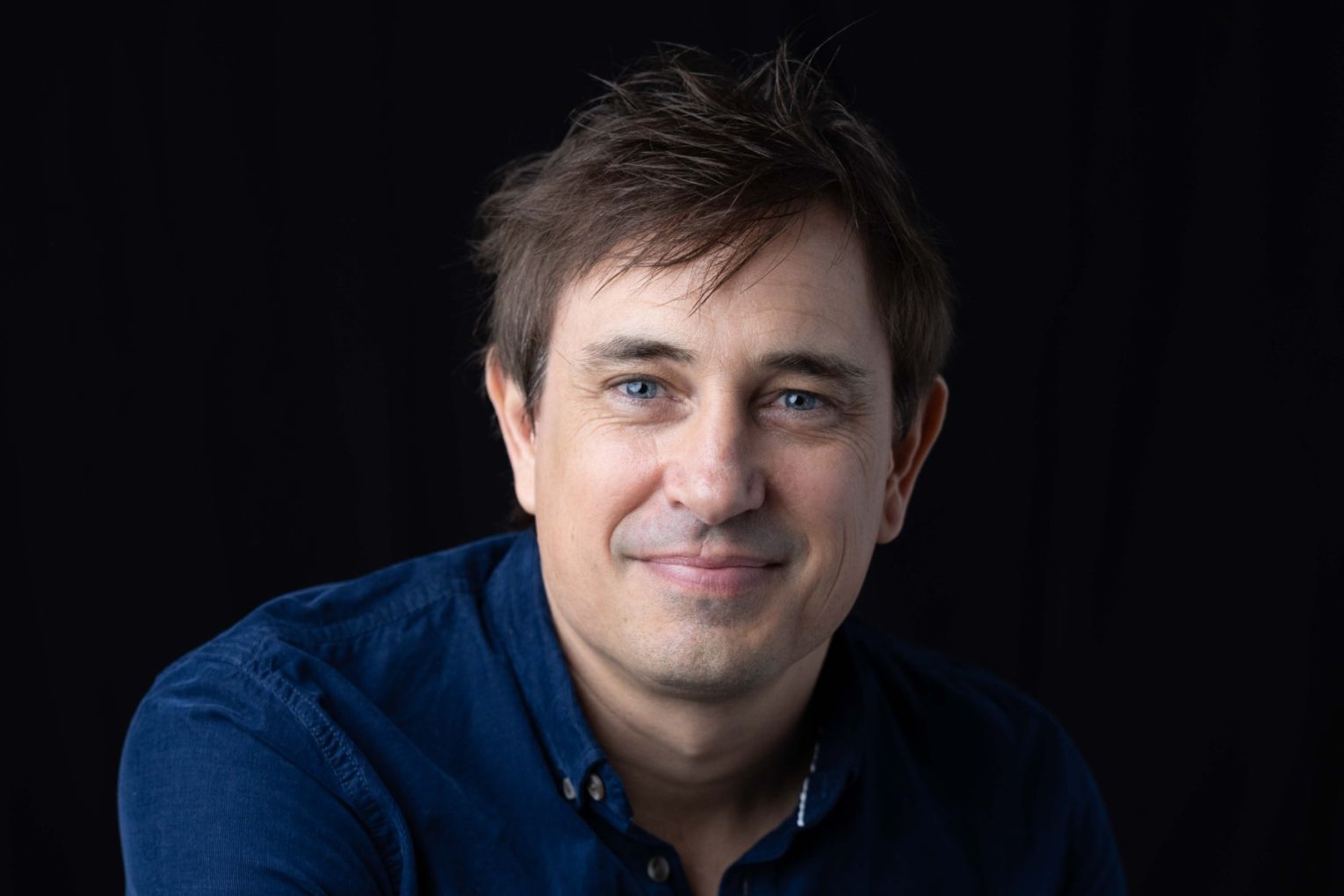Books & Poetry
ReadPoem: Stage, & Arrival
This week’s Poet’s Corner contribution comes from Adelaide’s Rory Harris.

Books & Poetry
ReadThe soft and quiet power of Australian literature needs public champions
Following the abrupt closure of Australian literary journal Meanjin after 85 years, Splinter journal editor Farrin Foster reflects on how literature’s quiet power makes it one of our least-valued art forms.

Books & Poetry
ReadFree falling: Love, murder and mayhem in the ‘burbs
Trent Dalton’s new novel Gravity Let Me Go takes us into the heart of darkness in a Brisbane suburb that is all too familiar.
























